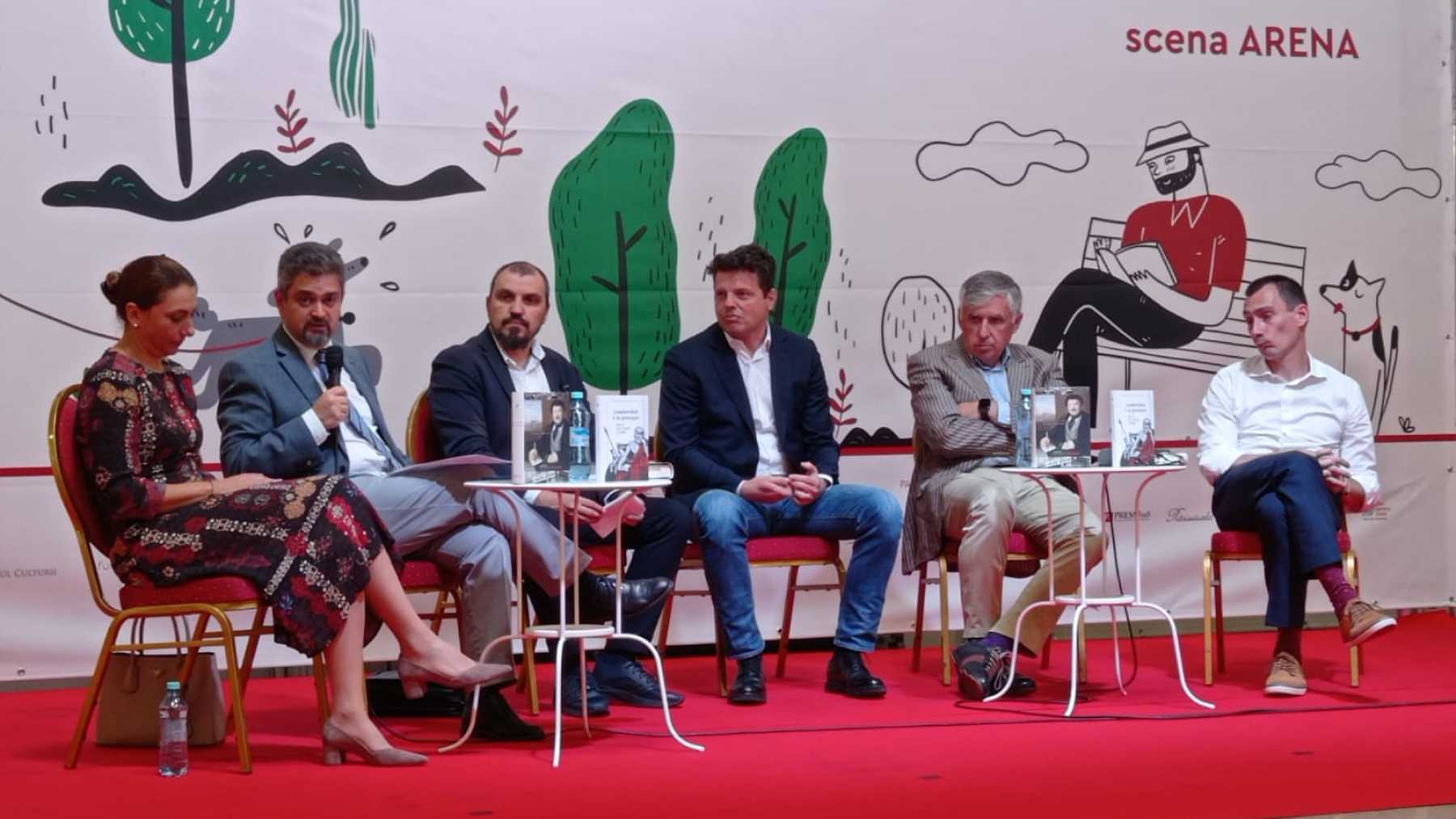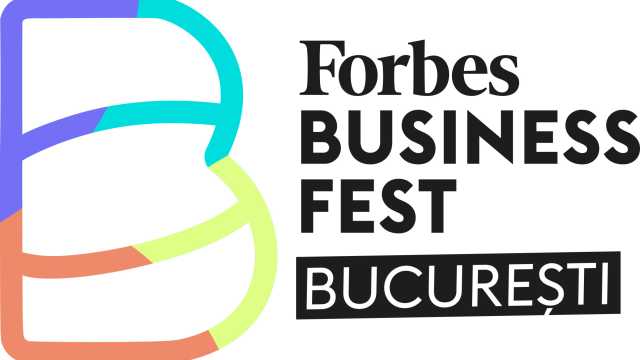"I believe that companies must do things for society even before tax. In the end, we take our money from this society, our customers are the ones who buy, they are part of society and it's normal to give back, it's absolutely reasonable",
stated Andrei Diaconescu at the launch of Nicolae I.Angelescu's volume, "Merchants of the past", hosted at Bookfest.
The re-editing of the well-known work is an initiative of the journalist Ionuț Bonoiu, who aims to recover the history of Romanian entrepreneurship by re-editing some old books that talk about the beginnings of entrepreneurship in Romania. A journalist with over 23 years of experience in the business media, Ionuț Bonoiu has launched the BusinessPedia collection through this first re-edition, which he hopes will soon become the history manual of future successful Romanian entrepreneurs. The first book in the BusinessPedia collection, the re-edition of Nicolae I. Angelescu's masterpiece, "Merchants of the past", is a jewel on the way to being forgotten, which shows us that, no matter how hard the times Romanian society went through, businessmen with moral values have always been successful. The edition is a luxury one, made in exceptional graphic conditions.
During the launch event that took place at Bookfest, starting from the premise that the only responsibility of a business is profit, the journalist challenged his guests - Andrei Diaconescu, Ramona Jurubiță, Theodor Paleologu, Ion Sturza and Alexandru Bâldea - to a debate on the social and cultural role of businessmen in society.
"I welcome this initiative to publish a book with some of the past benefactors from our country. I think this book should be sent free of charge to the main businessmen in Romania together with a letter of introduction explaining why it is good to do good", said Andrei Diaconescu. "You know this expression from the English language: When you want something done, give it to a busy man/woman. So, when you want things to happen, who do you turn to? To those who do work anyway. If businesspeople do work anyway, they generate wages, they generate taxes, but they also have to generate good works, which can be smaller or larger. And if they are large, it seems absolutely reasonable to me that they bear the name of the one who donated the money, because he represents a model for others as well. Because, after all, the idea is to succeed in doing as big a multiplication as possible. It is normal not to rely on individual efforts, it is normal for this desire to do good to become a trend. And what I notice even among investors, among owners, is that they want the companies they invest in to do more charity work - that's what they start with - and only after that they want to make a profit. I don't want to get to communism, that's not what I mean, obviously, because if we don't make a profit, we don't have anything to do good things with, but this part of CSR and ESG must be mandatory for all of us. We at One United Properties have several initiatives like this, but among the most important is that everyone inside the company understands. We have consultants on ESG and CSR who do training with each of the people we hire, the people in the company, so that they understand and contribute to this effort, because in reality it's not just an owner effort, - obviously it's sponsored by the owner - but the effort is from everyone who works in the organization, and if everyone is aware of it, the probability is that the multiplier will be achieved",
the co-founder of One United Properties also pointed out.
The re-editing of Nicolae I.Angelescu's volume, "Merchants of the past" was made possible with the support of One United Properties among others.



